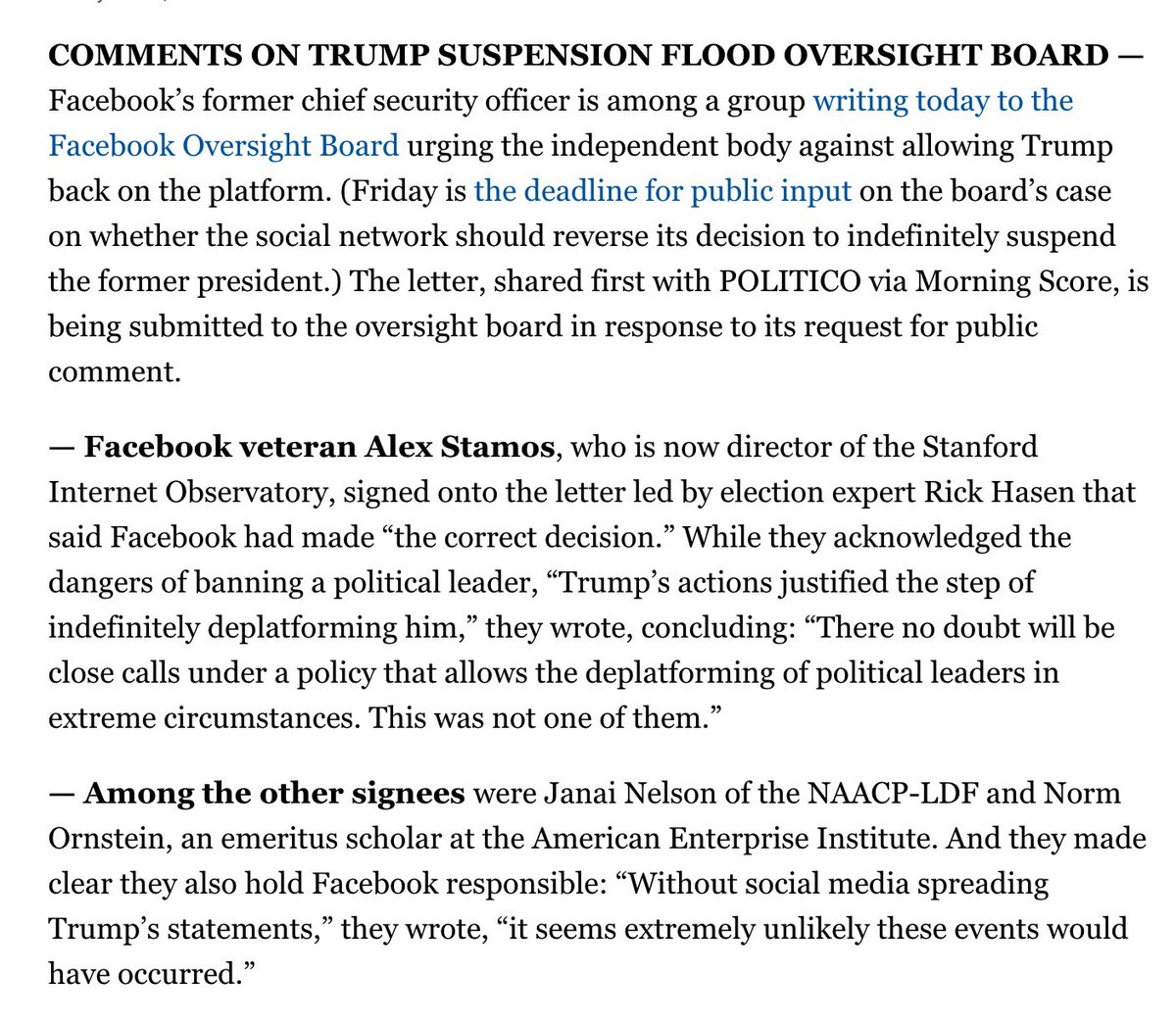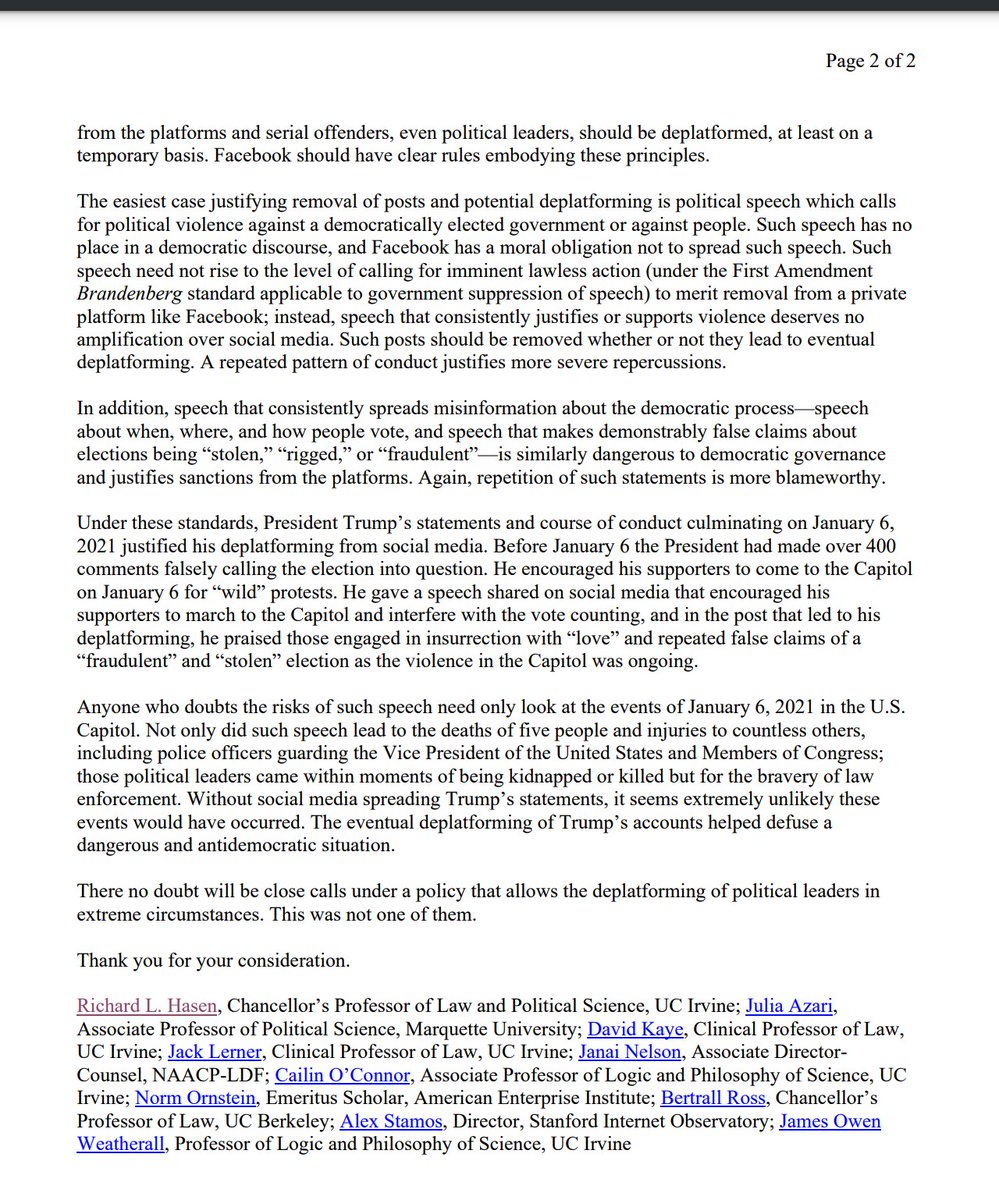
#ELB: Must-Read Nate Cohn: “Georgia’s New Law, and the Risk of Election Subversion” electionlawblog.org/?p=121512 /1
This @Nate_Cohn piece is a must-read, on the analytically distinct question of whether new laws like Georgia's allow for the subversion of election results, an analytically distinct question from voter suppression. /2 nytimes.com/2021/04/06/ups…
He writes: "trying to reverse an election result w/o credible evidence of widespread fraud is an act of a different magnitude than narrowing access.A successful effort to subvert an election wd pose grave&fundamental risks to democracy, risking political violence&secessionism."/3
He notes that many proposals for a slimmed down H.R. 1, including mine in the WaPo piece below, do not suggest a requirement of state nonpartisan election administration as a way to deal with the risk of election subversion. /4
washingtonpost.com/outlook/2021/0…
washingtonpost.com/outlook/2021/0…
I’m not sure that would be so easy for Congress to write in terms of the structure that would apply, and it would be much harder to implement than for the one time act of drawing legislative districts. /5
But I have written about this risk in my book, #ElectionMeltdown, and some other recent pieces of mine discuss this question of election subversion and what to do about it /6
amazon.com/Election-Meltd…
amazon.com/Election-Meltd…
Other recent pieces from me on the risk of election subversion include We Can’t Let Our Elections Be This Vulnerable Again (The Atlantic) (suggesting changes to the rules for counting and certifying electoral college votes) /7 theatlantic.com/ideas/archive/…
Donald Trump Should Be Prosecuted for His Shakedown of Georgia’s Brad Raffensperger (Slate) /8 slate.com/news-and-polit…
Election law can’t protect democracy if our representatives are lawless (LA Times)
And much more about this coming in my other writings, including my forthcoming “Cheap Speech” book, and an upcoming project 11/11
latimes.com/opinion/story/…
And much more about this coming in my other writings, including my forthcoming “Cheap Speech” book, and an upcoming project 11/11
latimes.com/opinion/story/…
• • •
Missing some Tweet in this thread? You can try to
force a refresh





